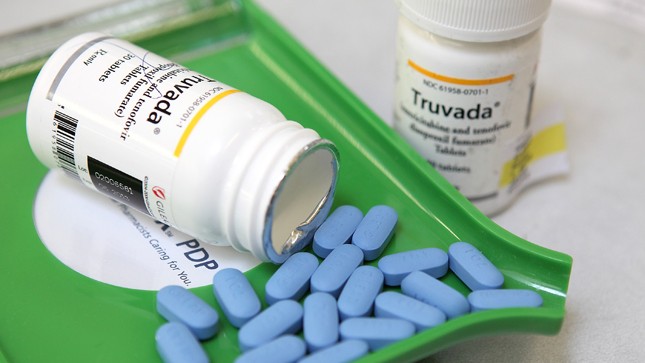American drug prices are among the highest in the world despite the fact that the U.S. pharmaceutical industry remains the global leader. Some of that problem may stem from Medicaid fraud and the Affordable Care Act, a/k/a Obamacare, but much more is the result of a long pattern of anticompetitive tactics in this highly concentrated market.
Since 1999 the Federal Trade Commission has been fighting against anticompetitive patent litigation settlements between branded pharmaceutical manufacturers and generic drug competitors. Three years ago the U.S. Supreme Court affirmed that some of those deals can indeed violate the federal antitrust laws. Today, however, the pharmaceutical competitive landscape faces an even more existential threat in the efforts of brand drug companies to foreclose generic entry in the first place by denying would-be competitors the tools and resources required to meet Food & Drug Administration (FDA) safety rules.
These foreclosure strategies take two forms. First, refusing to sell wholesale products and samples to generic firms wanting to establish to the FDA that the active ingredients in their products are essentially the same as (“bioequivalent” or “biosimilar” to) an approved branded drug. Second, the refusal to enter into risk-mitigation sharing agreements for certain drugs with potentially serious risks, like testosterone gel, for which distribution is restricted by regulation for safety purpose. The latter aims to prevent generic competitors from satisfying the legal requirement to participate in what the FDA terms a Risk Evaluation and Mitigation Strategies (REMS) program. According to a July 2014 study conducted by Matrix Global Advisors, ongoing REMS abuse cost the U.S. health system $5.4 billion annually — $1.8 billion to the federal government alone.
These twin tactics are a predictable result of the monopoly power often resulting from pharma patents and the parallel incentive of brand manufacturers to protect that power after patent expiration. For example, Turing Pharmaceuticals — which in 2015 controversially increased the price of its anti-parasitic drug Daraprim from $13.50 to $750 per pill overnight, an increase of some 5,000% — sheltered those extraordinary profit margins (after its patent protection ended) by restricting the product’s distribution so that generics could not obtain samples needed to manufacture a lower-priced version of the drug. As Senators Patrick Leahy and Amy Klobuchar noted pointedly, as of January 2016 the FDA had already received more than 100 complaints from generic product developers that were unable to obtain access to samples of an innovator drug to compare and test their generic products. And nearly 40% of new FDA approvals are subject to REMS mandates.
Antitrust practitioners and scholars typically prefer competition to regulation, since the former is more efficient and less susceptible to gaming. Where sample and REMS denials are concerned, though, the antitrust laws are toothless, because as currently construed by the federal courts those statutes are not viewed as imposing a duty on monopolists to do business with competitors. Right or wrong, that’s the reality today, meaning the FTC is precluded from bringing antitrust prosecutions against brand manufacturers for these price-raising schemes.
That’s what antitrust law calls a “market failure.” And when the competitive market cannot be protected through antitrust enforcement, the only possible and rational response is regulation. Ironically, 2007 amendments to the FDA Act passed by Congress state that brand manufacturers may not “block or delay” generic drug applications, but provided no enforcement powers to the FDA or any other federal agency.
Now is the time to fix that multi-billion dollar oversight. Last July new legislation, dubbed the CREATES Act (an acronym for Creating and Restoring Equal Access to Equivalent Samples), was introduced by Senators Mike Lee, Chuck Grassley, Leahy and Koluchar. The bill clarifies that branded pharma manufacturers’ sample denial — declining to “provide sufficient quantities” of a branded drug to a generic developer “on commercially-reasonable, market-based terms” — or refusal to utilize a “single, shared” risk distribution system warrants a judicial injunction and monetary damages. It authorizes both administrative remedies and a civil cause of action by generic competitors.
There is absolutely no virtue, benefit or procompetitive explanation for the actions of branded manufacturers like Turing that block or delay generic pharma competition and maintain bloated prices for drugs in the United States. The CREATES Act is a straight-forward solution to a market failure created by exploitation of legal loopholes in pharmaceutical industry regulation. It is a solution that should be enacted now by Congress.
Published in The Hill (Aug. 31 2016)

